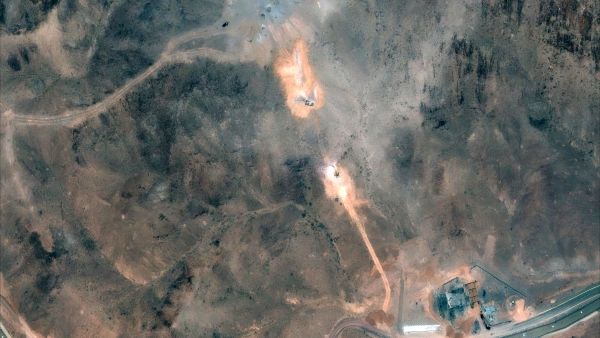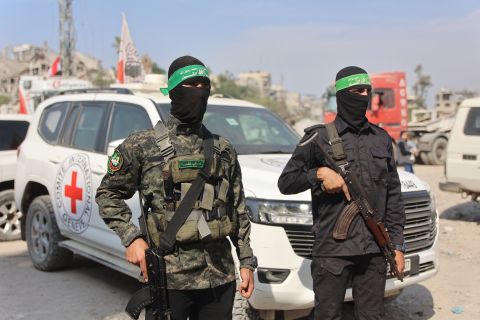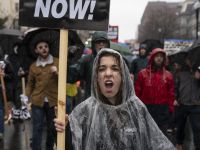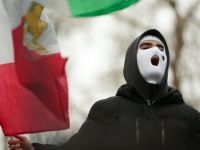ALBAWABA - Saeed Khatibzadeh, Iran's deputy foreign minister, acknowledged that Israeli and American strikes earlier this year severely damaged important nuclear facilities, but he maintained that the nation's nuclear program is still operational.
Iran's "peaceful nuclear program remains intact," Khatibzadeh stated in a CNN interview, emphasizing that Tehran will defend it. His comments follow a 12-day war between Iran and Israel in June that ended with American airstrikes on three nuclear sites: Isfahan, Natanz, and Fordow. It's still unknown how much damage has been done to these facilities.
Early U.S. intelligence assessments indicated that all three locations had been severely damaged, but President Donald Trump first declared the Fordow site "destroyed." Analysts, however, estimate that the total setback to Iran's nuclear program could have been no more than two years.
Although Khatibzadeh acknowledged that the attacks "destroyed much of our infrastructure, equipment, and buildings," he underlined that domestic expertise dispersed throughout a vast nation of 90 million people is what gives Iran its nuclear capabilities. He maintained that isolated attacks cannot destroy Iran's entire nuclear arsenal.
His assessment was in line with remarks made by Iranian Foreign Minister Abbas Araghchi on Sunday, who stated that Iran is not currently enriching uranium due to damage caused by the attacks to its enrichment facilities. Iran continues to deny pursuing uranium enrichment, which is used to create fuel for nuclear reactors but can also refine uranium to levels appropriate for a nuclear weapon.
Whether enrichment activities had completely ceased in all facilities was not made clear by Khatibzadeh. As inspectors are still not allowed to enter the bombed sites, the International Atomic Energy Agency stated in a confidential document that its examination of Iran's highly enriched uranium stockpile is "long overdue," according to Reuters.
Khatibzadeh restated Tehran's stance that its nuclear program is solely peaceful and intended to generate energy. "Any future negotiations with the United States would require a guarantee allowing Iran to continue enriching uranium," he added. He rejected the notion of "zero enrichment" as impractical and intolerable.
The deputy minister added that Iran's military initiatives are justifiable means of protecting its interests. In response to a question about whether Iran was growing its missile program, he stated that it is presently going through "repair and recovery" in the wake of the recent conflict with Israel.
Despite new UN sanctions that prohibit the development of ballistic missiles and the sale of weapons, CNN previously reported evidence that Iran is speeding up efforts to restore its missile capabilities. Since late September, Chinese companies have reportedly sent Iran multiple shipments of sodium perchlorate, an essential ingredient for rocket fuel, according to European intelligence sources.
In his closing remarks, Khatibzadeh emphasized Iran's close strategic ties to China and Russia, stating that these ties predate the recent escalation.










